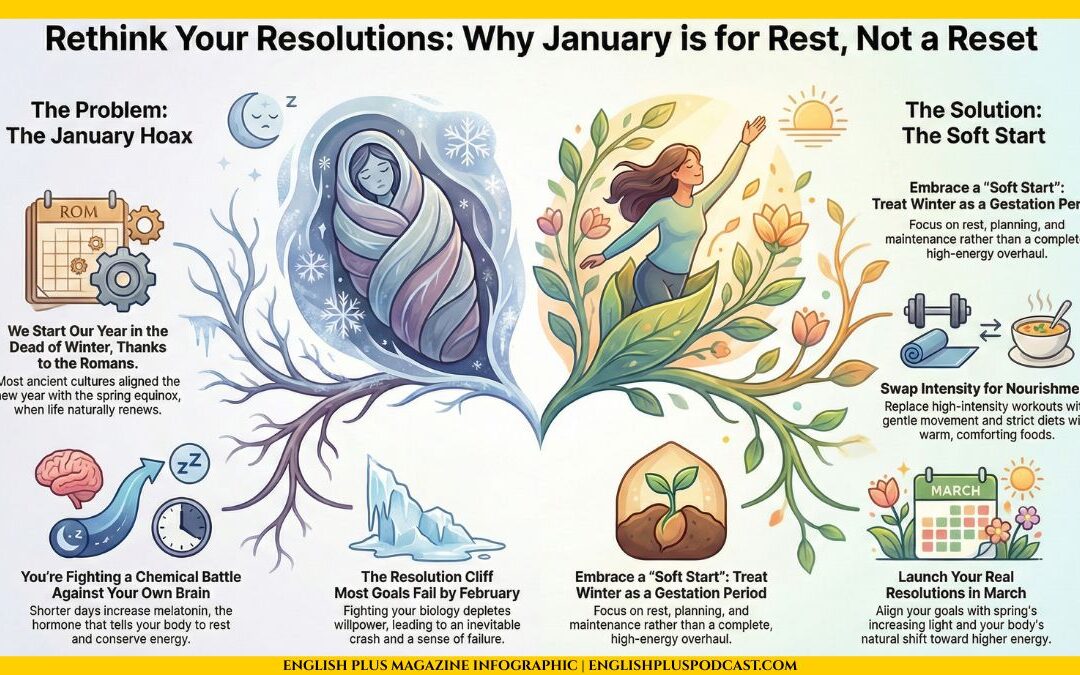Talking About the Unspecified
Sometimes we need to talk about people or things without saying exactly who or what they are. Maybe we don’t know, or maybe it doesn’t matter. That’s where Indefinite Pronouns like someone, anything, everybody, several, or none come in handy. They’re incredibly common, but they have one tricky aspect: making sure your verb (and sometimes other pronouns) agrees with them. Is everyone singular or plural? What about some? Getting this right makes your sentences grammatically sound and clear. Let’s unravel the mystery of indefinite pronouns and agreement!
Quick Overview: Meet the Vague Crew!
Indefinite pronouns are placeholders for non-specific nouns. They fall into a few groups, which helps determine agreement:
- Always Singular: These usually end in -one, -body, or -thing, plus words like each, either, neither. (Examples: everyone, nobody, something, each) -> They take singular verbs (e.g., Everyone is here. Each has a ticket.
- Always Plural: A smaller group including both, few, many, several, others. (Examples: several, many) -> They take plural verbs (e.g., Several are missing. Many were invited.
- Depends on Context (Singular or Plural): Words like all, any, more, most, none, some. You need to look at the noun they refer to (often in a prepositional phrase like “of the…”) to decide. (Examples: Some of the cake is gone [cake is singular]. Some of the cookies are gone [cookies are plural].
Understanding these groups is the key to correct agreement.
Let’s Dive Deep into Grammar
Navigating Indefinite Pronouns and Agreement
Getting subject-verb agreement right with indefinite pronouns is crucial for clear English. Let’s review the principles from the quiz.
Elementary Level: The Always Singular Group
- Pronouns ending in -one, -body, or -thing are always singular: anyone, everyone, someone, no one, anybody, everybody, somebody, nobody, anything, everything, something, nothing.
- Also, each, either, neither, and one are always singular.
- These pronouns take singular verbs (like is, was, has, needs).
- Everyone is happy.
- Nothing was found.
- Each student has a book.
Intermediate Level: The Always Plural Group & The Context Group
- Always Plural:Both, few, many, several, others always take plural verbs (like are, were, have, need).
- Many are interested.
- Several were late.
- Depends on Context (SANAM / All):Some, Any, None, All, More, Most. For these, look at the noun in the prepositional phrase (usually “of the…”) that follows.
- If the noun is non-count (singular), use a singular verb.
- Some of the water is contaminated. (Water is non-count
- All of the advice was helpful. (Advice is non-count
- If the noun is count (plural), use a plural verb.
- Some of the chairs are broken. (Chairs are count plural
- All of the tickets were sold. (Tickets are count plural
- If the noun is non-count (singular), use a singular verb.
- Special Case – None: Traditionally, ‘none’ was always singular (“None of them is here”). However, it’s now very common and widely accepted to use a plural verb when ‘none’ refers to a plural noun (“None of them are here”). Often, either is acceptable, but singular is safer in formal contexts unless the plural meaning is strongly intended.
Advanced Level: Pronoun Agreement & Tricky Cases
- Pronoun Agreement: Not just the verb, but other pronouns referring back to a singular indefinite pronoun should technically be singular (his, her, its, he, she, it).
- Everyone should bring his or her coat.
- Somebody left his umbrella.
- The ‘Singular They’: In practice, especially in informal and increasingly formal contexts, people often use plural pronouns (they, them, their) to refer back to singular indefinite pronouns to avoid awkwardness (“his or her”) or gender assumptions.
- Everyone should bring their coat. (Very common, widely accepted
- Somebody left their umbrella. (Also common
- While ‘his or her’ is formally precise, using ‘their’ is often preferred for inclusivity and natural flow.
- Each/Every with ‘And’: As seen in the quiz, when each or every comes before subjects joined by ‘and’, the verb remains singular.
- Every dog and cat needs food.
- Questions/Negatives: Any- compounds (anyone, anything) are typically used in questions and negative statements, while some- compounds (someone, something) are more common in affirmative statements.
Speak and Write with Confidence!
Indefinite pronouns are everyday words, and now you have the tools to use them accurately! Remember the groupings (always singular, always plural, depends on context) to choose the right verb. Pay attention to whether you need singular or plural agreement, especially with the tricky SANAM group. And be aware of the evolving usage of ‘singular they’ for pronoun agreement. Practice identifying these pronouns in readings and using them in your own speaking and writing – soon, agreement will become second nature!










0 Comments